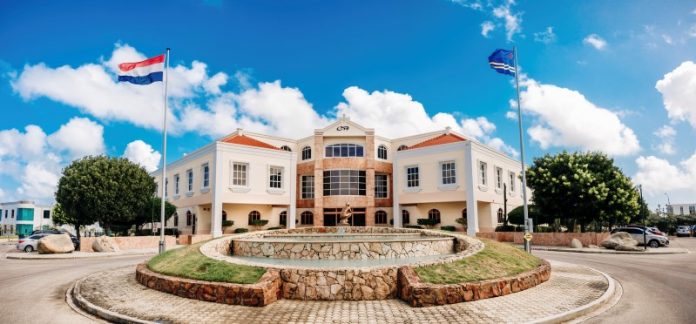Recently, the Central Bank of Aruba carried out a study on the challenges of over-tourism and climate change in small island tourism economies. It focused on small island tourism economies in the Caribbean and, in particular, Aruba. Based on a historical analysis of economic, social, and environmental developments, the study provides an in-depth picture of the complex and dynamic challenges of over-tourism and climate change in a small mature island tourism economy.
Over-tourism is a recent phenomenon that describes the uncontrolled growth of tourism beyond a level of socioecological saturation, the so-called ‘tipping point’. It is a negative consequence of the significant growth in tourist intensity (number of tourists per citizen) and tourist density (number of tourists per km2), manifesting itself through increased economic vulnerabilities, growing social burdens, and the degradation of the environment and fragile ecosystems. This often causes a further deterioration of visitor experiences and tourism income. Climate change can intensify and worsen the adverse effects of over-tourism, especially in small island tourism economies where tourism is concentrated in coastal areas.
The results of the study indicate that Aruba is one of the most tourism intense and tourism dense small island economies in the Caribbean. Annually, the island attracts, on average, 17 visitors per capita and more than 10,000 visitors per km2 with over 800 rooms per km2 of coastline. The increasing pressures and risks of over-tourism are associated with rising social costs of deteriorating labor participation, stagnant productivity, higher public expenditures, and rising income inequality, as well as loss of nature reserves, coastal erosion, and environmental degradation. These adverse effects are also exacerbated by increasing effects of storm surges, floods, and rising seawater temperatures. It is estimated that at least 46 percent of households are at significant and increasing risk of climate change. The results suggest that over-tourism has both direct and indirect effects in small island tourism economies. While the direct economic benefits of tourism are achieved in the short to medium term, the socio-ecological costs and effects of over-tourism are experienced in the long term with negative consequences for generations thereafter.
The study concludes that structural reforms and transformation are urgently called for to mitigate the accelerating costs of over-tourism and risks of climate change. The symbiosis of over-tourism and climate change poses substantial risks to sustainable economic development. To mitigate these risks, significant innovation and investments are required in both national policies and the execution thereof. These include strategic and comprehensive policy reforms to strengthen macroeconomic resilience against economic shocks and negative impacts of climate change. Moreover, it is of the utmost importance to strengthen the institutional capabilities and governance for sustainable and inclusive tourism. While small island-based tourism economies may not be able to control the climate, policy makers have control over – and are responsible for – steering these vulnerable economies towards a more sustainable future.
The complete publication is available on the CBA’s website (www.cbaruba.org).




















